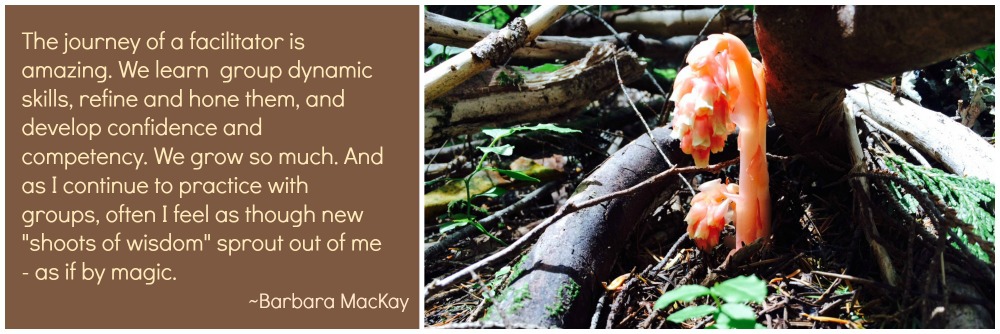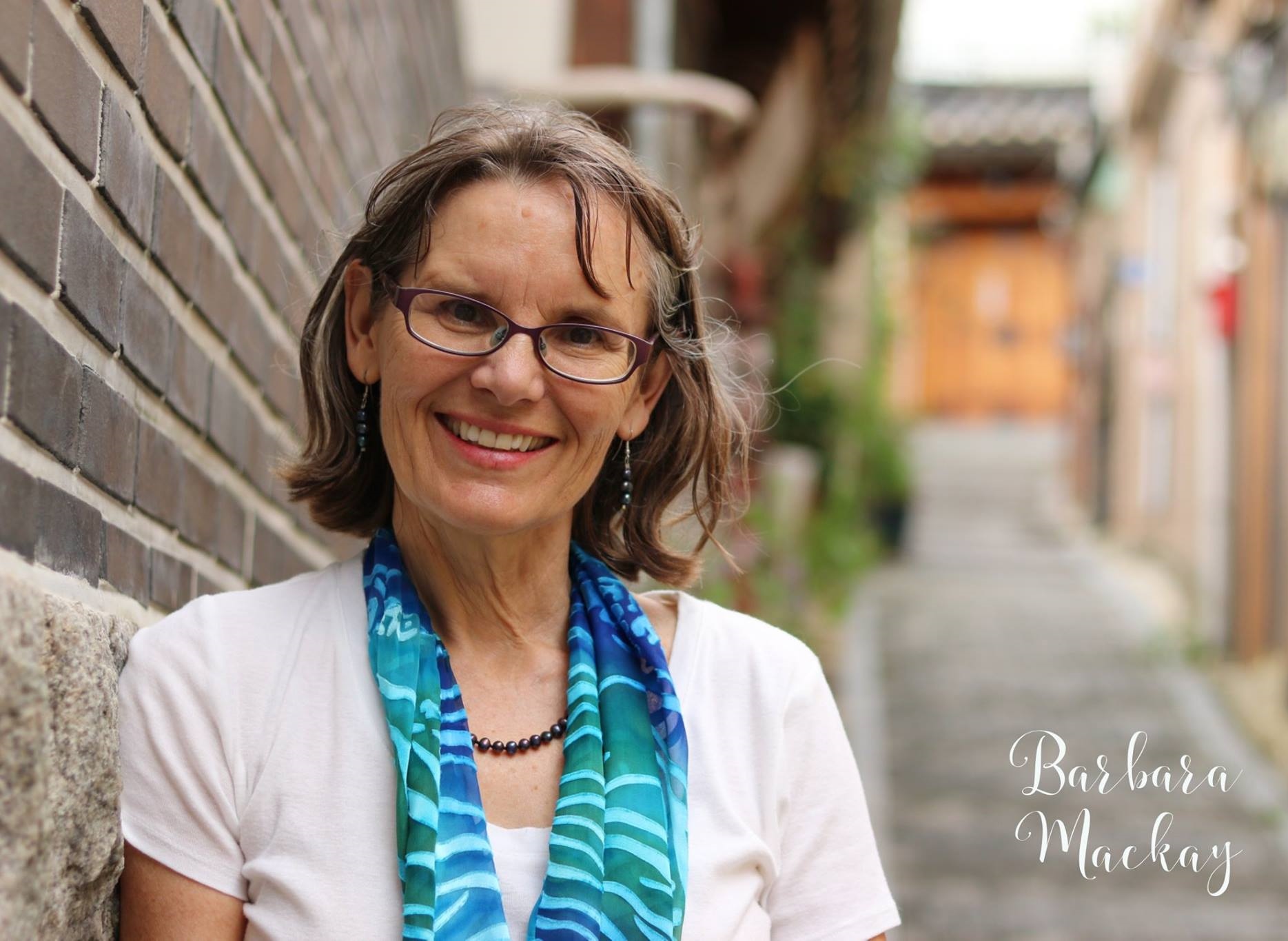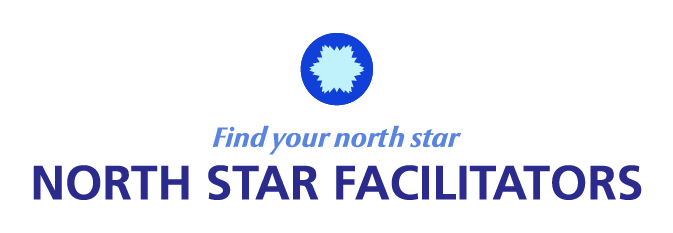An Amazing Journey – Triumph in Hong Kong

It is important to know our stories as facilitators, coaches, mentors and facilitation trainers. What are the diverse pathways we take? Our confidence and spirits are boosted by hearing about how others’ triumph over challenges and the pathways they take to have profound impact in the world. A few months ago, we featured three Three NW USA facilitators’ journeys. This month we feature a beloved Hong Kong colleague and friend of mine – Lilian Wang. We first met – me as her assessor at an IAF certification event in Vancouver, BC – over 5-6 years ago. We have shared stories and talked “shop” many times since then. We both have a deep respect for nature and the importance of spirit in facilitation. At the IAF Asia Singapore conference in August next month, Lilian, Yvonne Yam and I will co-present a half day concurrent session on “The Amazing Journey of the Facilitator”. And, related to profound impact, Eunice Shankland and I will co-present a one day preconference on the “Depth and Design for Profound Social Innovation and Impact”. See video and description on these below this blog.
Here is Lilian’s story:
What would you do if early on in your career a client told your colleague that you were not suitable to work with groups as a facilitator since you were not smart or quick enough? Would you get discouraged, and give up facilitation? Or would you, as Lilian Wang did, rise to the challenge and go on to establish RFOUR Consulting and balance roles as an independent consultant, executive coach, cohort mentor, and take an active role as the country representative for Hong Kong with the International Association of Facilitators. (IAF)?
 “Although the client’s comment made me question my abilities, I never thought I would quit being a facilitator. Facilitation connects with my purpose to allow every voice to be heard, in particular the quietest and suppressed voices in and among us, and to trust that it will lead to something beautiful and unique. It is not so much about being smart and quick but it is the accumulation of experience and practice to become better.
“Although the client’s comment made me question my abilities, I never thought I would quit being a facilitator. Facilitation connects with my purpose to allow every voice to be heard, in particular the quietest and suppressed voices in and among us, and to trust that it will lead to something beautiful and unique. It is not so much about being smart and quick but it is the accumulation of experience and practice to become better.
I have experienced going through IAF Certification and the comments of my assessors helped me build confidence in myself and to identify a clear development path but I still think that I am at the beginning of my facilitator’s journey, since I like to have a beginner’s mind and I believe that this is an unlimited journey with no end point.
Through the years, I’ve added to my learning of processes and techniques and have continually reflected on the outcomes of events I’ve facilitated.
A few years ago, I was tasked with facilitating the strategic plan for an NGO (non-government organization) working with clients with physical disabilities. Many of the tools I was used to didn’t apply and I had to redesign the process to be accommodating of diversity. It made me feel more empathy towards persons with disabilities, and how as a society we rarely think of including them more. So, instead of relying on rotating flipcharts which would make it difficult for participants who are on wheelchairs, I did a lot of pre-work and sent out information beforehand. I rearranged the process so there was no need to stand up or move around. Participants appreciated the flow of ideas and questions and expressed they felt welcomed, included, and that their ideas were honored.
Not all events allow me extensive pre-work though! I had to facilitate a staff engagement for all levels of an organization. My pre-work was constrained, since I didn’t have the chance to interview a majority of the staff. On the day of the event, I noticed that there was a lot of negativity and anger among the staff, with some threatening to leave the event. I had to think on my feet and show them that I was respectful of them and their ideas. This experience was exhausting, but it was also rewarding. I used the Six Thinking Hats and the (Technology of Participation – ToP) Historical Scan. The latter tool brought up a lot of emotions, but it made the event very memorable. Everyone stayed and contributed openly!
I am always looking for opportunities to enrich my facilitation toolbox. Nothing satisfies quite like seeing people talking enthusiastically together. If you’ve ever heard Cantonese spoken in a large group, it can be quite noisy! But it is relaxing for me, since it shows people connecting. Everyone has a voice and is being heard, even the quietest one.
That quietest one could have been me, many years ago. Being a facilitator really has a great impact on my own communication skills. I learned to connect with people and to balance the different types of situation in my personal life. Friends have said that I am calmer, and that it is natural for me to be the facilitator of the group.
My practice is now extending to building a community of facilitators in Hong Kong and creating more opportunities for like-minded facilitators to work with and learn from each other. For over a year, I’ve been mentoring a cohort that meets monthly to practice facilitation skills. Together, we try to understand the different tools and processes and how to apply these with different groups. We also support those who are keen to pursue IAF Certification.
It is both an inward and outward journey to grow as a facilitator and my guiding principles are to be bold to step out of one’s comfort zone to learn about oneself; to be open and accepting to whatever happens in the group that we work with, and to step forward to take every opportunity to facilitate as you can only learn it by doing it!
Interview and write up by Marem Flores

